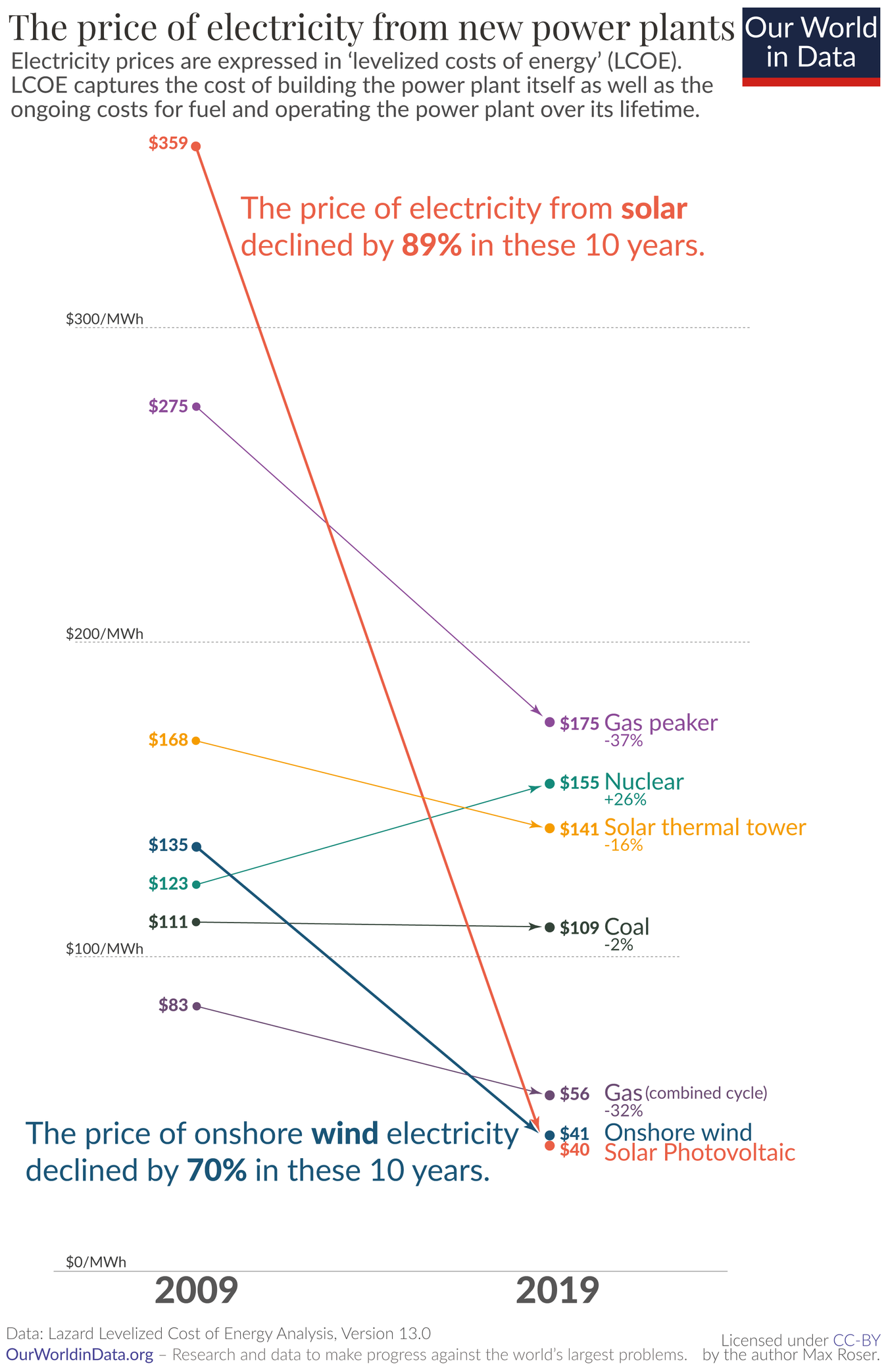Technology
This is the official technology community of Lemmy.ml for all news related to creation and use of technology, and to facilitate civil, meaningful discussion around it.
Ask in DM before posting product reviews or ads. All such posts otherwise are subject to removal.
Rules:
1: All Lemmy rules apply
2: Do not post low effort posts
3: NEVER post naziped*gore stuff
4: Always post article URLs or their archived version URLs as sources, NOT screenshots. Help the blind users.
5: personal rants of Big Tech CEOs like Elon Musk are unwelcome (does not include posts about their companies affecting wide range of people)
6: no advertisement posts unless verified as legitimate and non-exploitative/non-consumerist
7: crypto related posts, unless essential, are disallowed
view the rest of the comments

Huge up front costs.
https://world-nuclear.org/information-library/economic-aspects/economics-of-nuclear-power.aspx
"On a levelized (i.e. lifetime) basis, nuclear power is an economic source of electricity generation, combining the advantages of security, reliability and very low greenhouse gas emissions. Existing plants function well with a high degree of predictability. The operating cost of these plants is lower than almost all fossil fuel competitors, with a very low risk of operating cost inflation. Plants are now expected to operate for 60 years and even longer in the future...."
"World Nuclear Association published Nuclear Power Economics and Project Structuring in early 2017. The report notes that the economics of new nuclear plants are heavily influenced by their capital cost, which accounts for at least 60% of their LCOE. Interest charges and the construction period are important variables for determining the overall cost of capital. The escalation of nuclear capital costs in some countries, more apparent than real given the paucity of new reactor construction in OECD countries and the introduction of new designs, has peaked in the opinion of the International Energy Agency (IEA). In countries where continuous development programmes have been maintained, capital costs have been contained and, in the case of South Korea, even reduced. Over the last 15 years global median construction periods have fallen. Once a nuclear plant has been constructed, the production cost of electricity is low and predictably stable."
TLDR: If you weren't already on the nuke train when it was going, the upfront costs are too much to make it worth it this late in the game. You are better off just getting solar/wind + battery. If you already invested in nuke, then you are good to keep updating them.